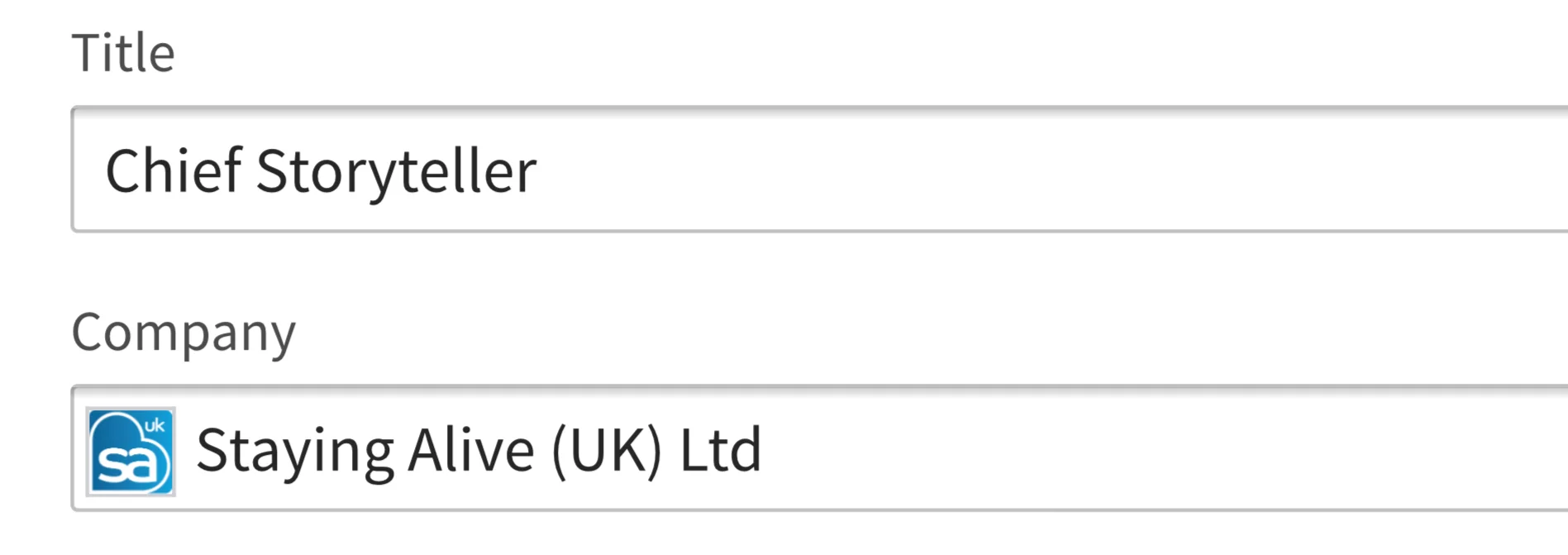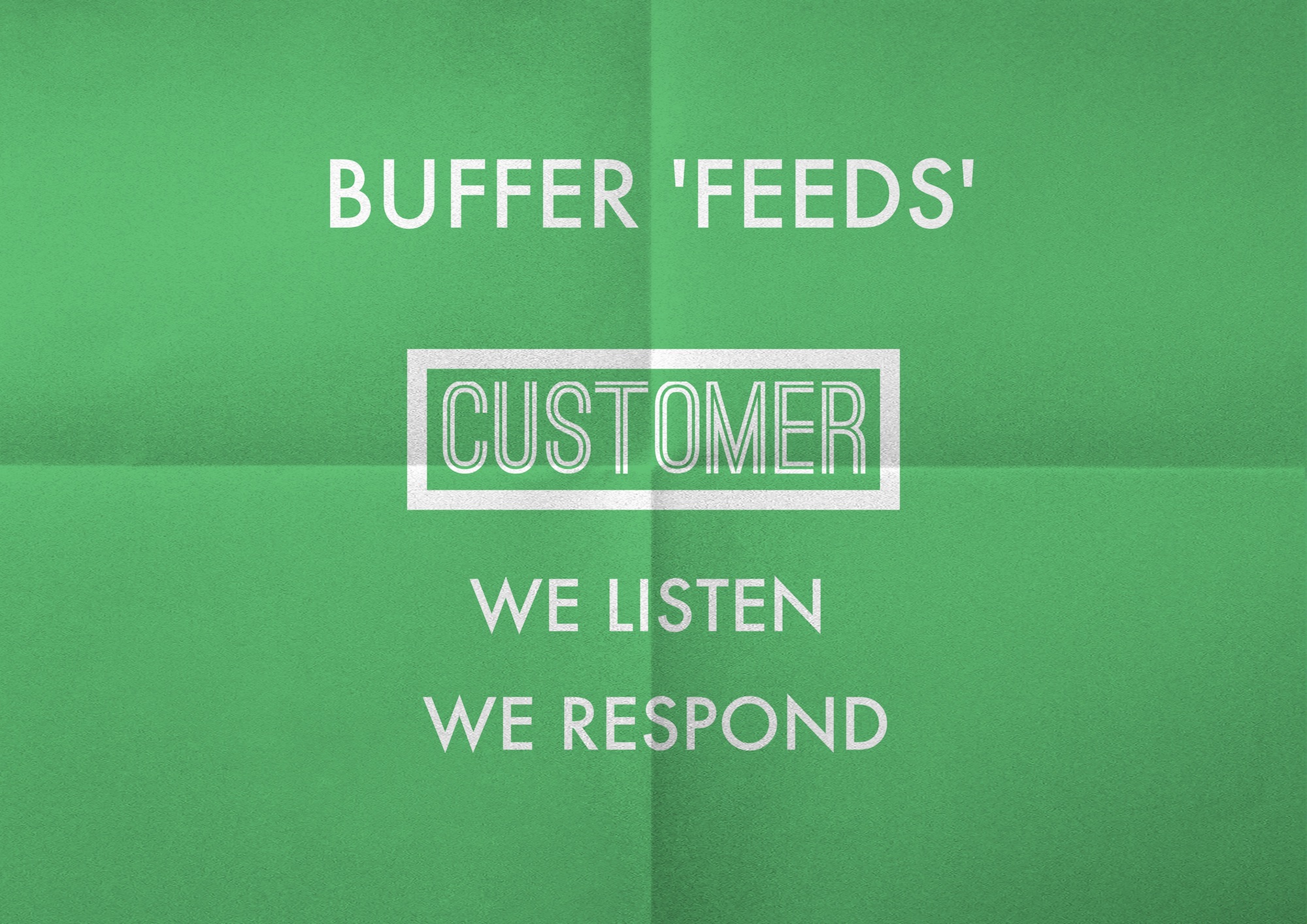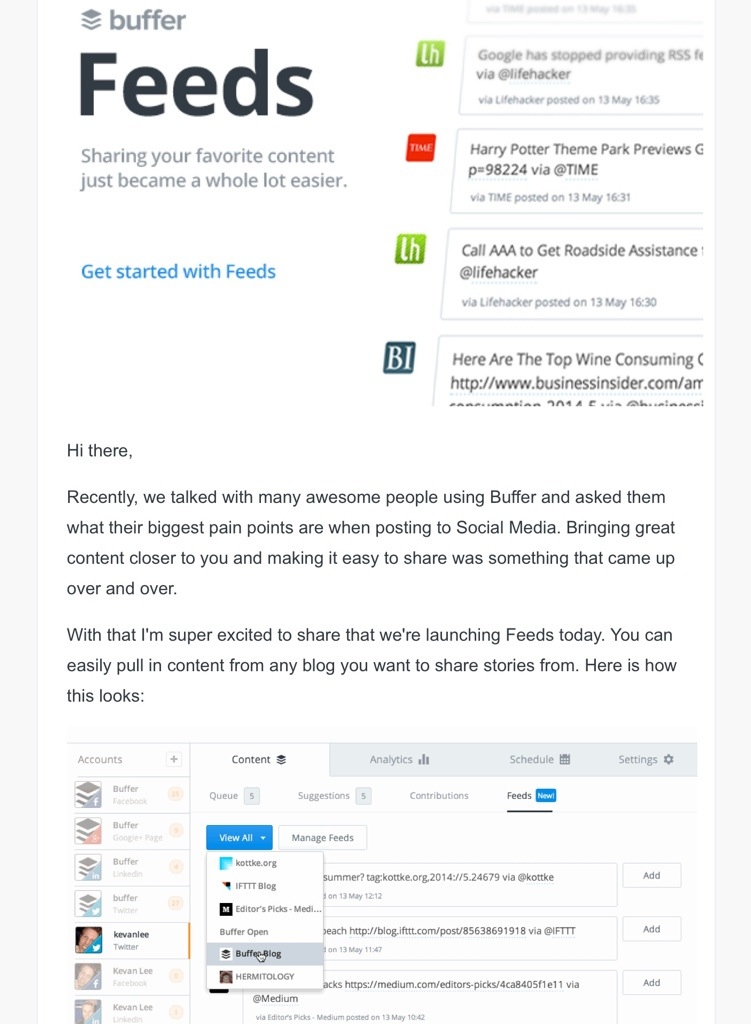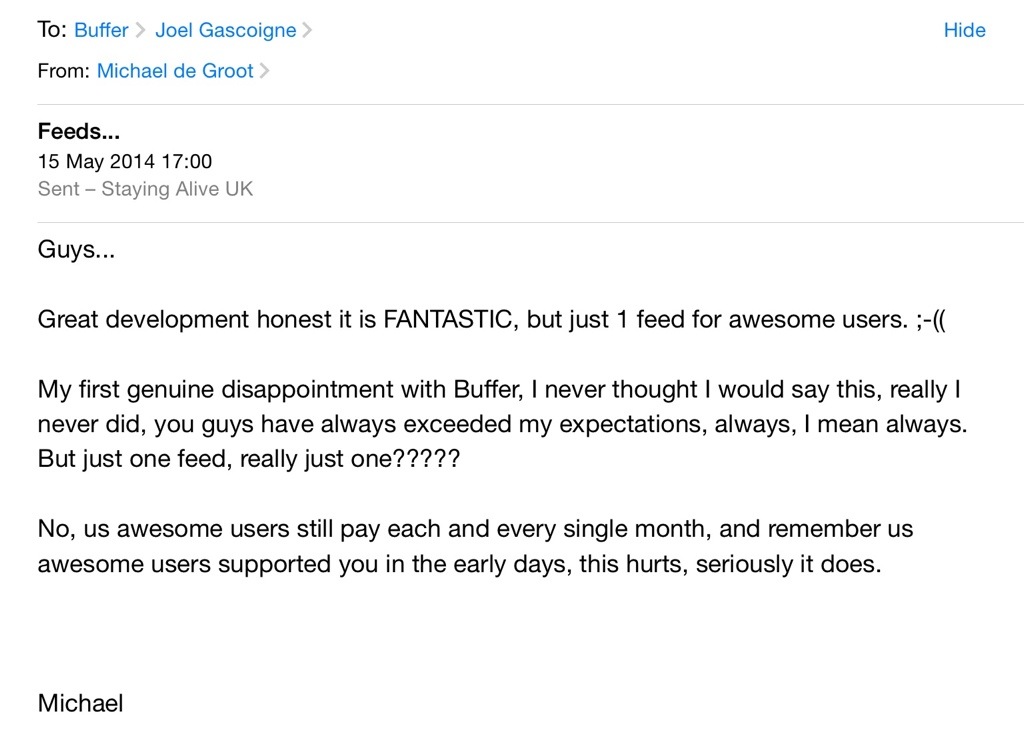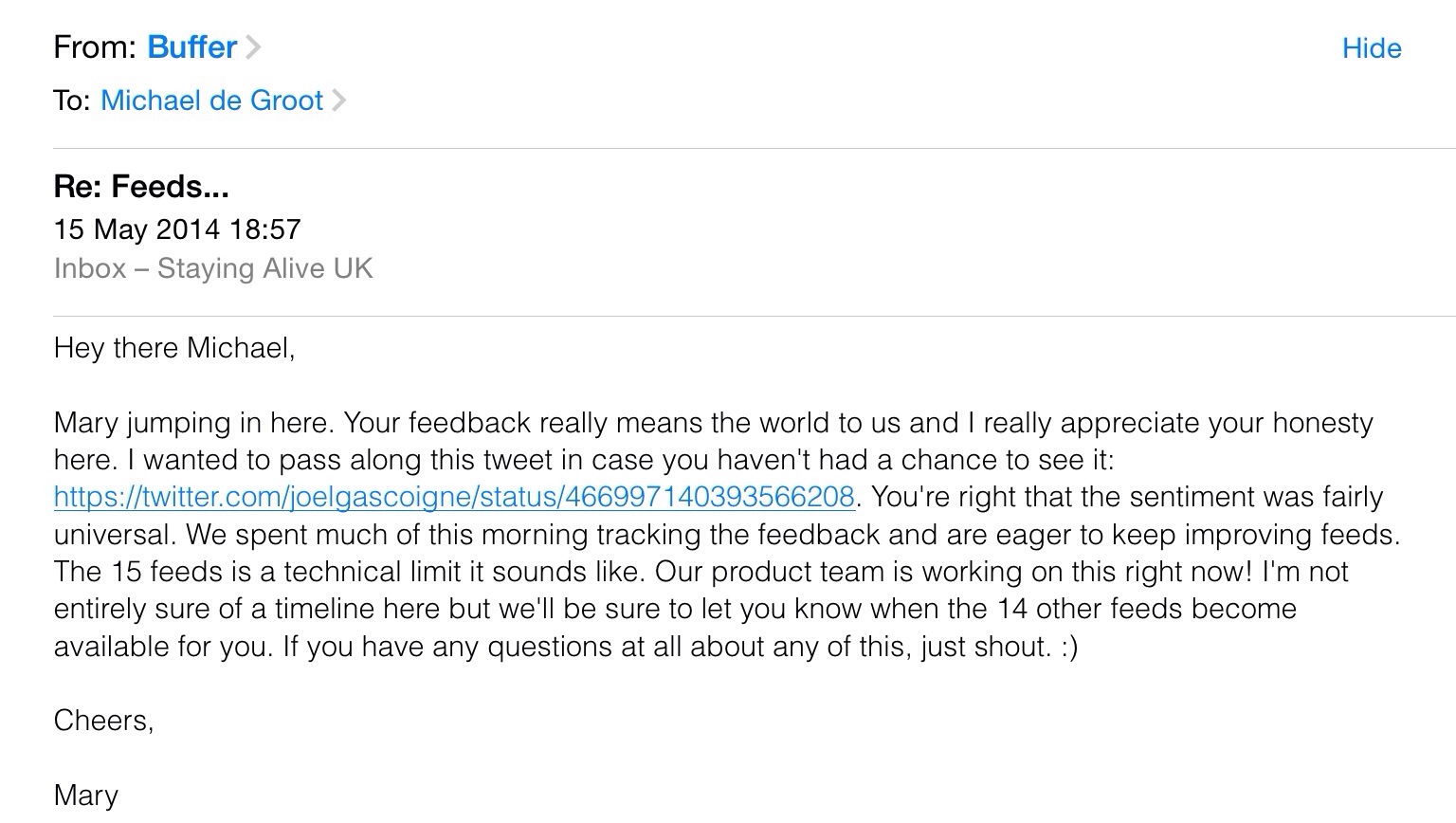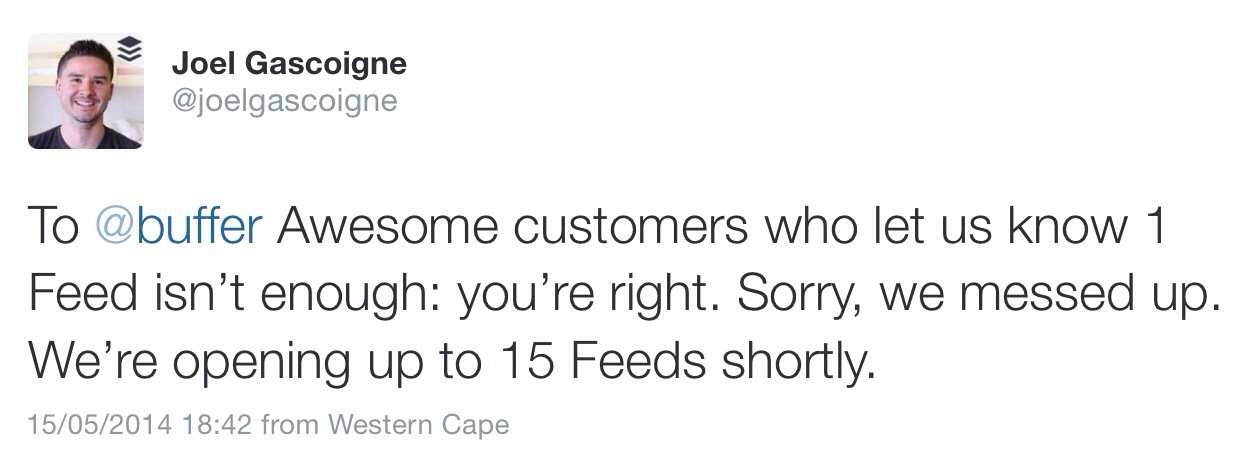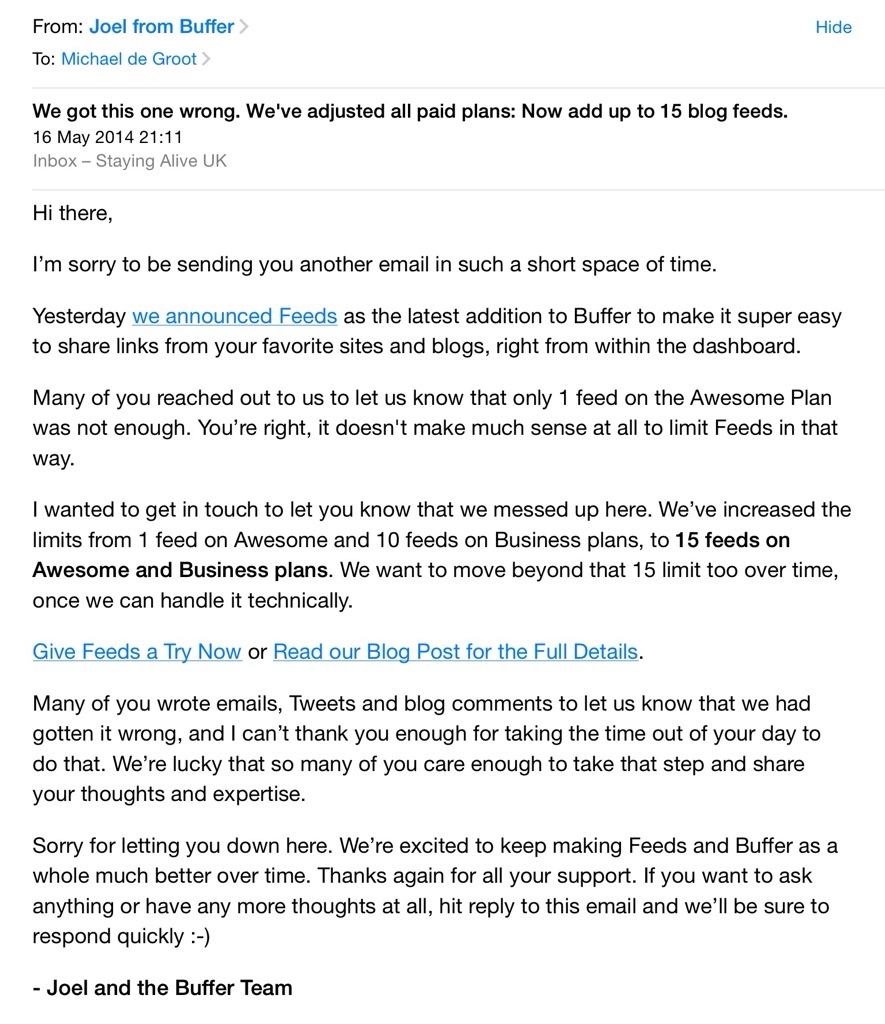 The term 'Social Learning' in current days, doesn't mean the same as it did when Bandura
did his experiments in the 60's. It encompasses a theory that individuals enjoy learning in a social context, when our learning is discussed and debated.
The term 'Social Learning' in current days, doesn't mean the same as it did when Bandura
did his experiments in the 60's. It encompasses a theory that individuals enjoy learning in a social context, when our learning is discussed and debated.

After all 'everyone has an opinion', and this means that we actually learn more about a topic, news story, event, training intervention, when we can reflect on it and interact with it.
Learning & Development (or training) at school and at work has and will continue to be the holy grail for all education professionals. We're always looking for better ways to engage students and drive a change in human behaviour.
Trouble is millions of $'s & £'s are spent every year to achieve these objectives. And it's so painful to see when the results don't match the spend.
Think about it. The world is at War somewhere in the world and always has been. Consider the economic conditions in most countries currently. If education, training and development works, we would not be in this state of flux. But really think about it. We as humans haven't evolved as much as we like to think. Our nature is closer to animal instinct then we give ourselves credit for.

If we are truly sophisticated and used more of our frontal lobe, which is the part that separates us from animals, then surely we wouldn't be carrying out wars, we wouldn't have an issue with CO2 emissions and global warming, the economies would be running smoothly.

Surely it would? Am I mad? I don't think so, I believe I am quite a rational kind of person, who can usually see both sides of the argument and yes I do see the best in most humans, because after all they should be educated, rational, intelligent and loving beings. And you also know that this isn't always true, but we have to start somewhere and I start with everyone's good until proven otherwise.
Anyway where is this leading us towards?
Oh yes, 'Social Learning'.
Consider the success of Facebook, LinkedIn, Twitter, YouTube and the latest kid on the block Pinterest.
What do they all have in common? Any idea?
Humans connecting with humans, that's the common thread through all of it. So why is this so important at this time in the world? It has allowed millions of us to have a voice, to discuss, comment and debate on news stories on major world events and on individual stories and their life events.
My theory and its only my theory and it makes perfect sense to me is as follows.
Remember the war? Which one you will say, because there have been so many.
Well let's just talk about World War II.

The War brought people closer, they looked out for each other and they knew more about each other's lives compared to any time in history. Well it's nearly 70 years since the ending of that major war and ever since then we as humans have drifted apart and have become more unconnected.
Social Networking is not an accident or a happy coincidence, it isn't either the creation of a Harvard University graduate or silicon valley's entrepreneurs. Their invention would never have worked if there wasn't the appetite for it.

The old saying ’people buy people first’ applies in social networks too, not just in business. We like to connect to like minded individuals or people that interest us and maybe we can learn something from them!
And yes we do like to learn, we are always learning, the brain collects millions of impressions every day, without us even realising it. If we don't learn we will die. As humans we have an inherent need to grow. But when we think about learning we think about, classrooms, teachers, exams, pressure, stress and recall many unpleasant memories.
We don't perceive consciously that reading tweets, Facebook posts, articles, blogs, watching YouTube videos as learning and of course it is, you are learning all the time.
The learning methodology of 70-20-10, is showing us that actually we learn 70% on the job or in our daily lives, 20% from our colleagues or family members or friends and 10% formally, so that's when we sit in a classroom, either at school or in the workplace.
http://www.youtube.com/watch?v=gtdHZQ2VXhE
The development of social networks, will and is changing the world of learning forever. Millions of teachers and trainers are having to adopt these new technologies as part of their delivery methods.
This requires the teacher / trainer to become proficient in these new tools and get their own knowledge of these networks up to scratch. After all their students are using these to learn, so now we better embrace these too and make use of it.
http://www.youtube.com/watch?v=2H4RkudFzlc#!
Those that do, will succeed in helping to change the landscape of learning for themselves and students alike. A more engaged student will mean a more connected world and a more connected world will mean a world with more compassion and understanding for our fellow human.
Success!


